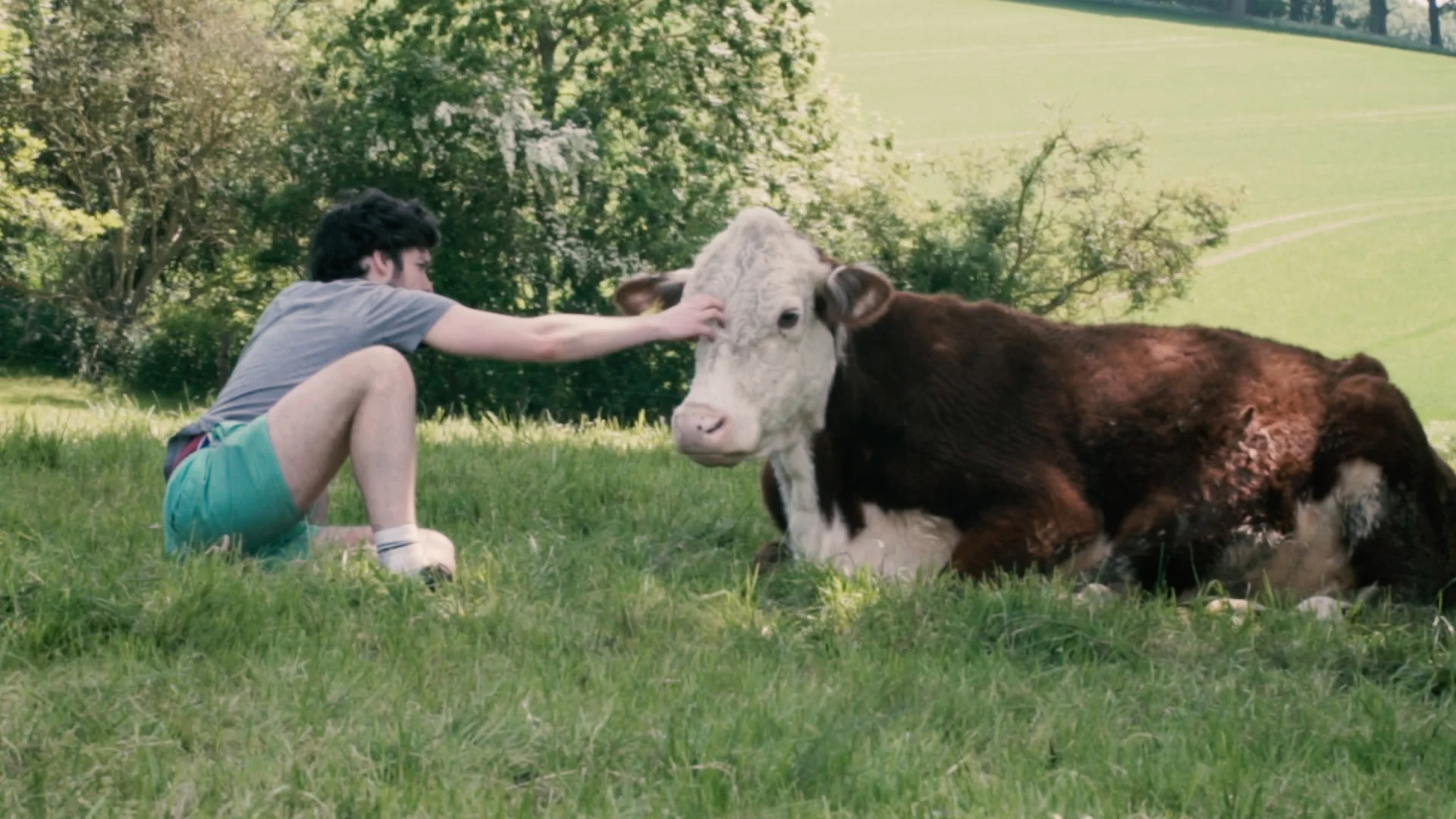Soil
Aside from how the staggering number of cows on the planet affects greenhouse gas emissions, water and land availability, their presence actually does something much more worrying.
In the last 150 years, almost 50% of the world’s topsoil has become degraded.
95% of everything we eat comes from the soil.
And why is it degrading?
Because of over-intensive farming.
It may be very very expensive and impractical to do, but at least we have some technologies for removing greenhouse gases from our atmosphere, and turning seawater into drinking water.
But one thing that none of our science and technology can do is replace fertile topsoil.
We attempt to recover degrading soil by adding fertilisers, but we're only dealing with a tiny part of the problem...
Degrading soil is losing its microbiome (the delicate balance of microorganisms, friendly bacteria, fungi etc.) that's responsible for capturing essential minerals from the air and the rain, and for strengthening the structure of the soil so it doesn't blow away in the wind or wash away in the rain.
It takes topsoil only a few decades to be destroyed by intensive farming, and hundreds or even thousands of years to recover.
The single biggest reason for the disappearance of fertile topsoil is humans growing crops to feed cows.
Some people claim that the planet only has 60 years of fertile topsoil remaining. This is based on averages, so is slightly misleading, but certainly some places in the world will soon be running very low.
According to Prof. Gidon Eshel at Harvard University, protecting our planet’s topsoil is the single most important reason to give up beef.
What About Pasture-Grazing Beef?
It’s true that well-managed pasture-grazing beef doesn’t place the same intense burden on soil as grain-fed beef where the grain comes from intensive monoculture farms.
It’s also true that cattle manure has the best profile of nitrogen, phosphorus and potassium for growing crops of any known manure.
However, it’s also true that grass-fed beef requires significantly more land than grain-fed beef. That’s land that could often be reforested, providing, at the very least, 10x more carbon storage, year on year.
And even though cattle manure makes good fertiliser, there’s something that could make for even better fertiliser, and solve a lot of other problems too…
All of our households produce enormous quantities of organic food waste. At the moment, most of it is carried many miles to landfills where it’s covered with dirt, to stop it from smelling bad.
But by covering it up, we cause it to break down in a way that produces vast quantities of methane.
Instead, if we properly collected household organic waste, we could (and should) devise a system that converts it to organic fertiliser to support farms growing crops for humans.
This would not only nicely replace cattle manure, but it would also reduce the methane emissions of our landfills, and it would provide a system well equipped to process compostable plastics.




